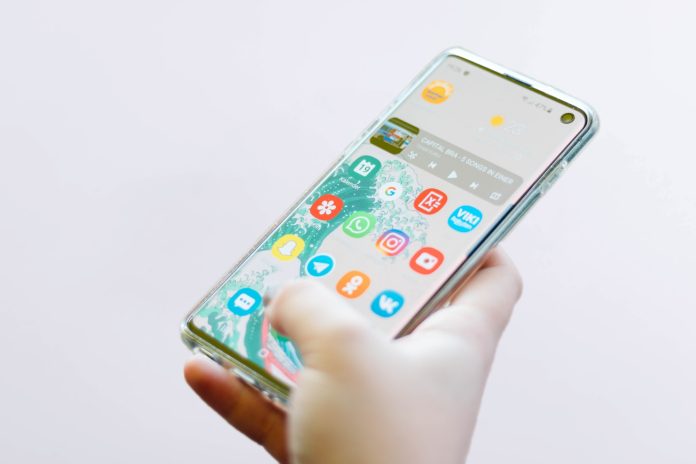Technology has long been instrumental in the healthcare industry, but when it comes to addiction, there’s no real cure apart from a lot of hard work and managing recovery.
The work starts by visiting detox clinics and going through the process to ensure you have the right tools to enter the real world and maintain sobriety for the rest of your life. Those tools will come through things like stress management and the ability to remain focused and resist temptation.
However, there are a number of apps that can aid that too these days. And while it all remains about willpower, apps can help recovery in a number of ways, which include…
Accessibility
With our smartphone always in our pockets, apps allow immediate access to support and resources at any time, anywhere. This is especially important for individuals in recovery who may need support outside of traditional therapy sessions. Apps like Sober Grid, Connections, and 12 Steps AA Companion provide users with access to support groups, daily meditations, and other helpful resources.
Personalization
Personalised treatments are a huge step forward and apps can really do this for a person’s recovery journey based on their unique needs and preferences. Apps like Pear reSET and Quit Genius provide personalized coaching and therapy for addiction recovery. They use artificial intelligence and machine learning to tailor the experience to the individual user, making it more effective and engaging.
Gamification
Gamification is often used in the health sector these days and in addiction they are designed to make recovery more engaging and fun. This involves incorporating game-like elements into the recovery process to motivate users to stick with it. Apps like Monument, Nomo, and I Am Sober use gamification to track progress, offer rewards, and provide a sense of achievement.
Accountability
Some apps are also there to improve that sense of accountability for individuals in recovery. Many apps have features that allow users to track their progress, set goals, and share their progress with a support network. Apps like Triggr Health, Addiction Deterrence App, and Sober Time offer features that promote accountability and help users stay on track.
Mindfulness
You’ll find many apps available on the market that target mindfulness and meditation practices not just for those in addiction recovery, but for people dealing with everyday stress too. Mindfulness can help individuals in recovery manage stress, anxiety, and cravings. Apps like Headspace, Calm, and Insight Timer offer guided meditations and mindfulness exercises that can be used to support addiction recovery.



 Bitcoin
Bitcoin  Ethereum
Ethereum  Tether
Tether  XRP
XRP  Solana
Solana  USDC
USDC  TRON
TRON  Cardano
Cardano  Lido Staked Ether
Lido Staked Ether  Avalanche
Avalanche  Toncoin
Toncoin